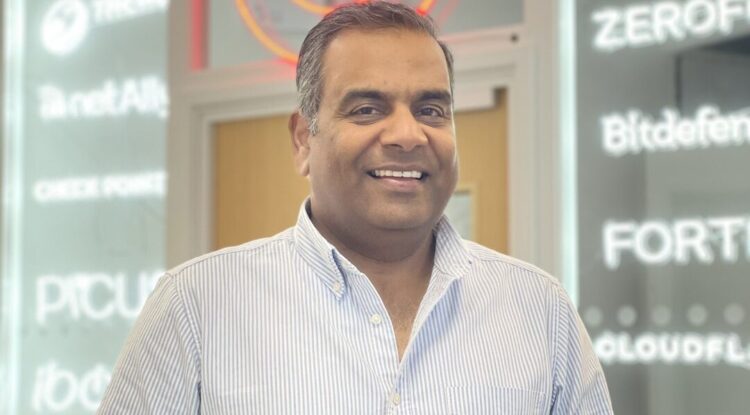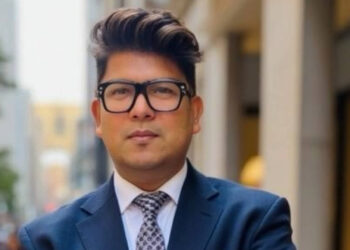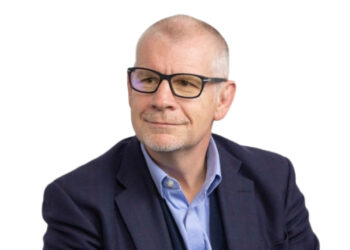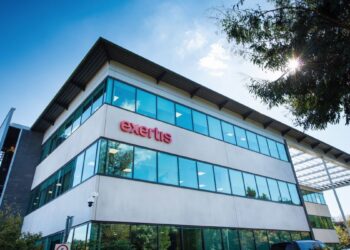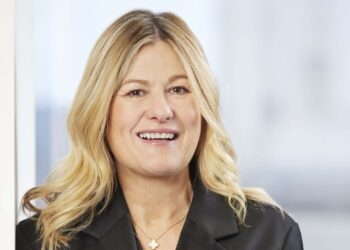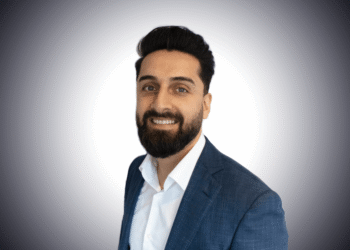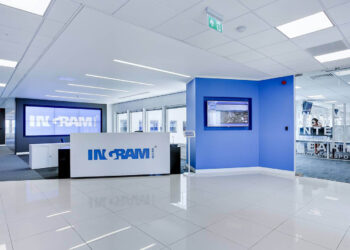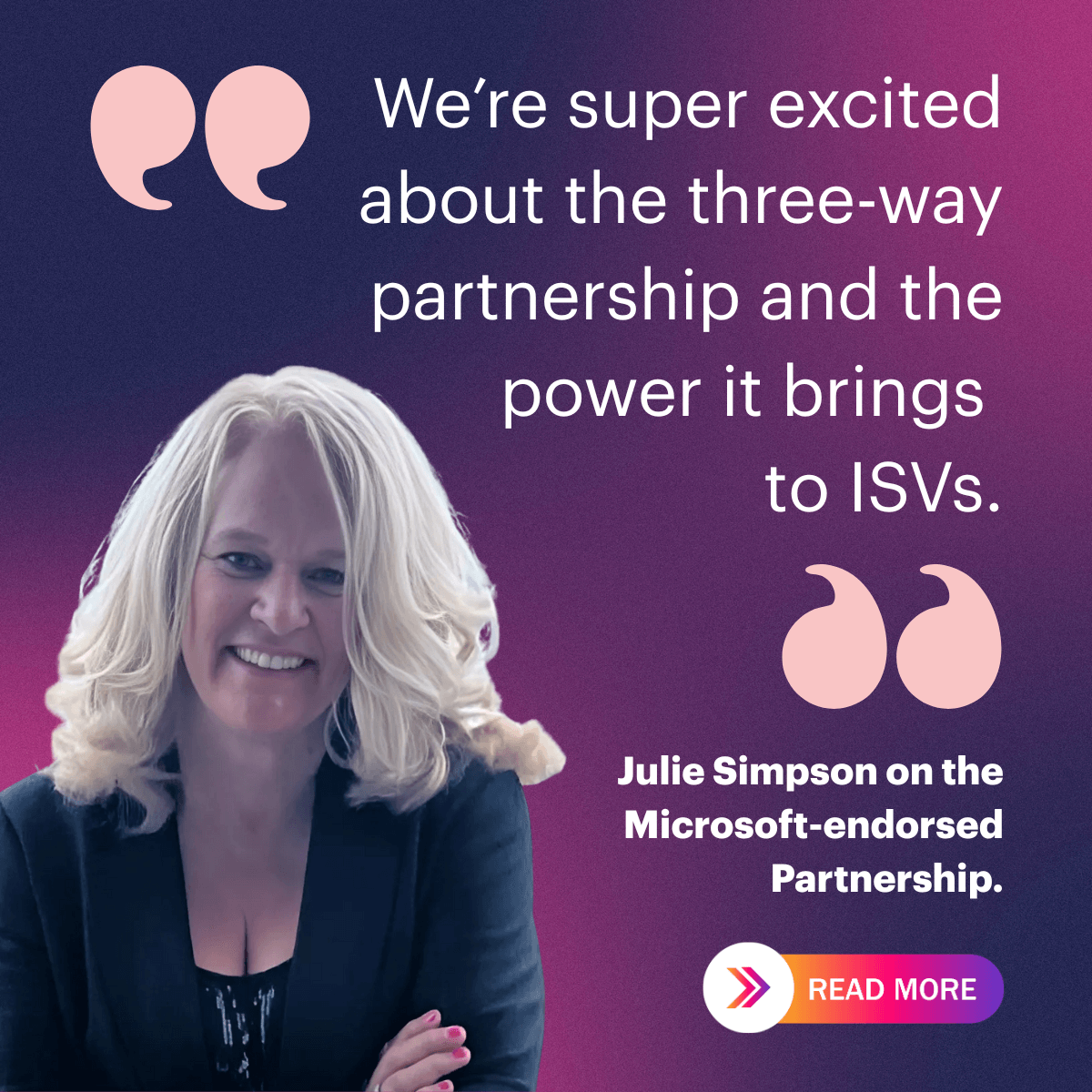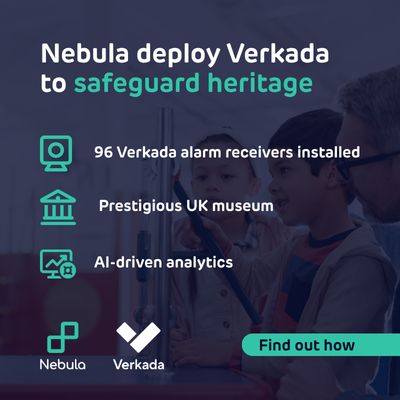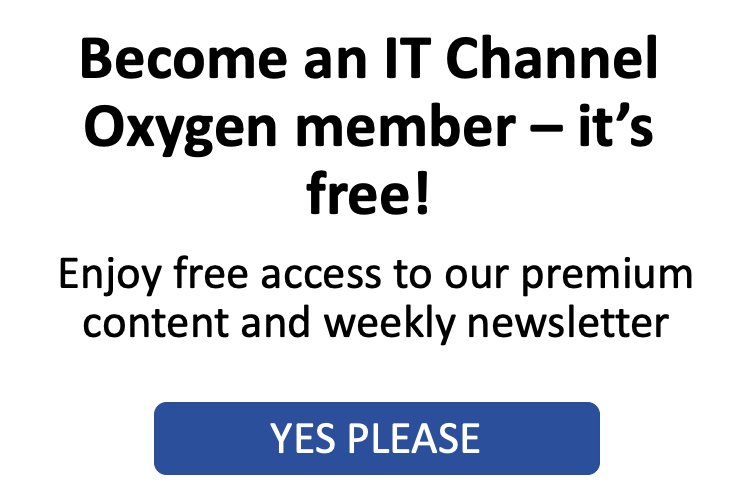In a UK cybersecurity distribution space that typically sees firms build and exit in a five-to-ten-year timespan, one company breaks all the conventions.
e92plus turns 35 today, and its co-founder, CEO and sole owner, Mukesh Gupta, claims to love his job as much now as ever.
While much younger peers such as Nuvias, Cloud Distribution and Ignition have all sold up in recent years, the Surbiton-based VAD remains stoically independent, even as a £70m-revenue powerhouse.
As the person synonymous with the e92plus brand, Gupta is known for his ability to pick winning vendors – although he admits he hasn’t always got it right.
Talking to IT Channel Oxygen, he opens up on his closely guarded formula for vendor selection, international expansion plans, and whether he’ll ever be tempted to sell up.
“I look at my business and say ‘would I buy this’?”
Having carved out large UK businesses with the likes of Websense/Forcepoint and Trend Micro, Gupta has earned the begrudging respect of his peers for his nack of being in the right place at the right time with emerging cyber technologies.
Distributors only need one or two ‘lead’ technologies in their portfolio to remain financially successful, and e92plus currently works with the duo above, alongside Bitdefender and CloudFlare. Tanium is a recent signing Gupta hopes will fly.
Gupta has one golden rule for how he picks vendors, namely whether e92plus – as an SME that has similar security headaches to its client base – has a need to use the technology itself.
“I look at my business and say ‘would I buy this’? Would I need this?’,” he explained.
“Our business is 60 people and has revenues of about £71m. But even if I go back in time to when we were smaller, I still said ‘do we need it’? And then if we need it, then how many mid-sized SMEs or even enterprise companies will need it?”
e92plus has “in some cases missed the boat”, Gupta conceded, most frustratingly losing out on the huge growth seen by “next generation” network security vendors Fortinet and Palo Alto Networks – the latter of which is now the world’s largest pure-play cybersecurity vendor.
It only failed to hit the bigtime with the former because of another successful partnership it held with NetScreen in the early noughties.
“Check Point was out, and people were looking to buy that. But there were other areas customers were looking for, like bandwidth management, and NetScreen did all that in one – it was solving three problems as opposed to being a standalone firewall. In the early days we actually did have Fortinet, but we also had NetScreen and were put under pressure to let [Fortinet] go, unfortunately,” Gupta recalled.
“Sometimes, we’ve just not been there at the right time – there’s an element of timing in everything.”
“I feel like doing this is my passion”
While cyber VADs Distology Kite Distribution and Distology both turned ten earlier this year, many UK cyber VADs commonly sell up to a larger competitor before they’ve clocked up a decade in business.
So why has e92plus refused to cash in for three-and-a-half decades?
It’s because its sole owner still enjoys the job as much as ever, Gupta responded.
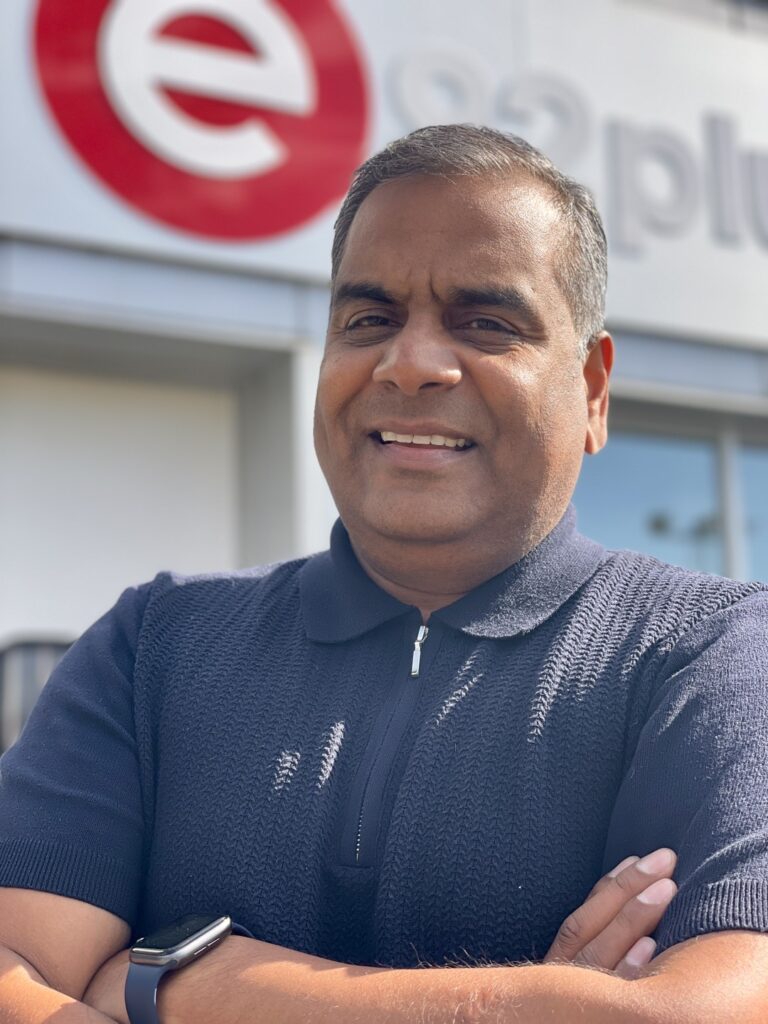
“Some people have passions outside of business – maybe saling boats or driving fast cars – or whatever it is. I actually feel like doing this is my passion – and that’s why I’ve continued to do it,” he said.
“Cloud and Nuvias sold because that was their plan.
“When the business started, the plan was never to get to a certain point and sell. It was to grow it, and to keep growing it, which is why the for-sale sign never goes up.
“When you have multiple shareholders within a business, they have different exit plans for themselves. Whereas, I’m the 100% owner of the business.
“We’ve been approached, and I think that’s why you get the rumours – we do the dance around the handbags. But ultimately my view is that the business is growing and I enjoy what I’m doing.”
Benelux bound
In its early days, e92plus morphed from selling Ethernet cards to cybersecurity after its original market commoditised.
One of its earliest cyber signings was Trend Micro, which Gupta said offered his SMB clients something unique to the competition in the late 1990s.
“You had other solutions out there like Dr Solomon’s or McAfee. But [Trend] had unqiue technology, which was you put it on the perimeter and it would scan the traffic as it came in, as opposed to on a desktop. At the time, our background was in networking and we saw that this made sense. And it just grew from there.”
Gupta revealed the distributor has another big move in store, this time in the realm of geographic expansion rather than product diversification, with a Dutch office set to launch next month.
“In the UK, we are trading with in excess of 1,200 partners every year, so there is still a lot more to do here. We want to increase that and double down on our teams – we’ve hired a new CRO and made investments in our personnel,” he said.
“Now we are also expanding into other territories like the Benelux. That’s come from the vendors.”
Ultimately, e92plus’ success, even at 35, will come down to its ability to continue picking successful vendors, which Gupta said he is still actively involved in, however.
“I’m still pretty active in that because it’s the vendors that drive our business,” Gupta said.
“I like to understand what’s happening. My role over the years has always been picking the right products, and if we do that, that will drive our business forward,” he concluded.
Doug Woodburn is editor of IT Channel Oxygen


